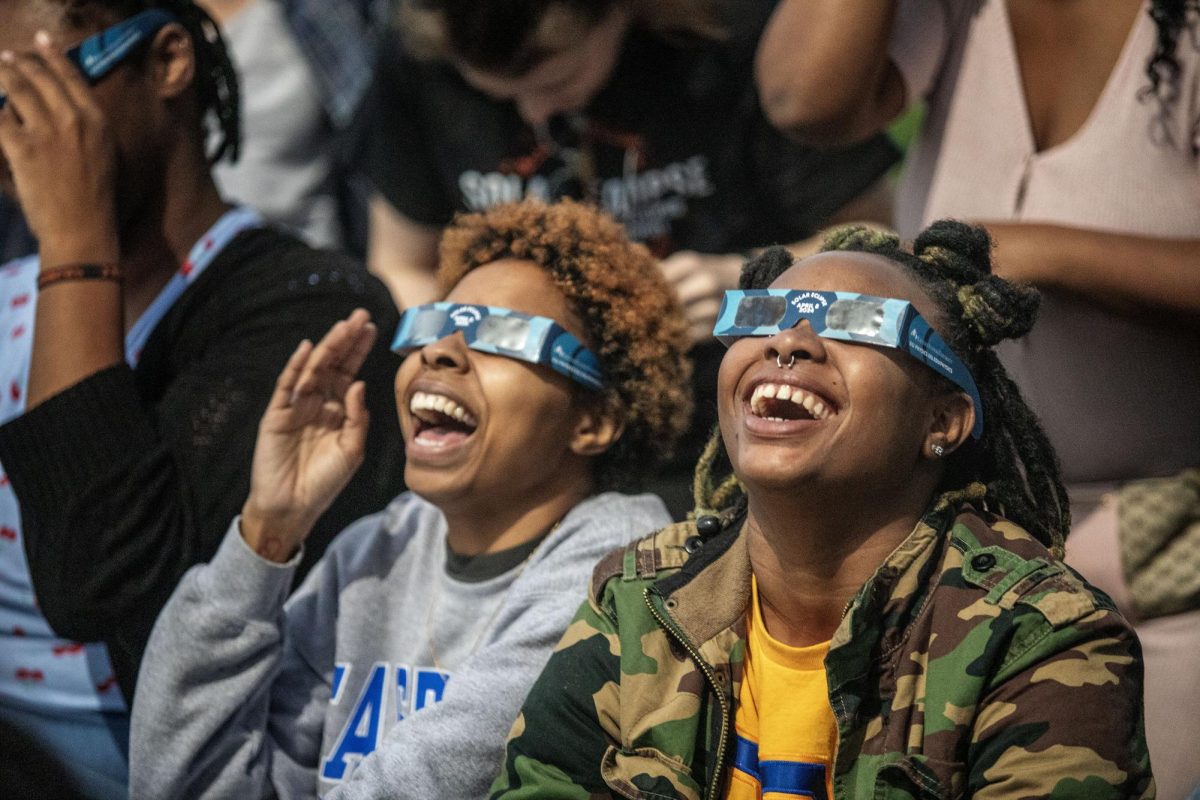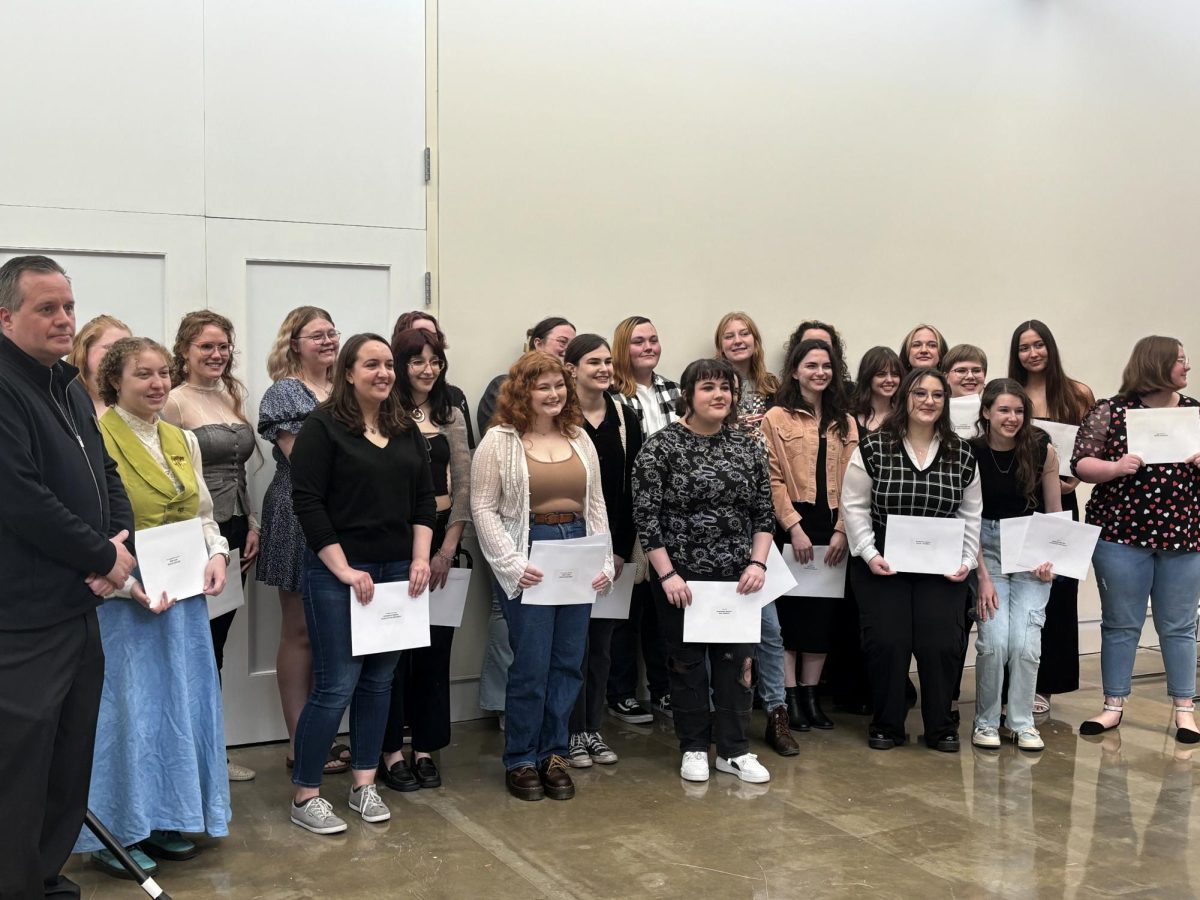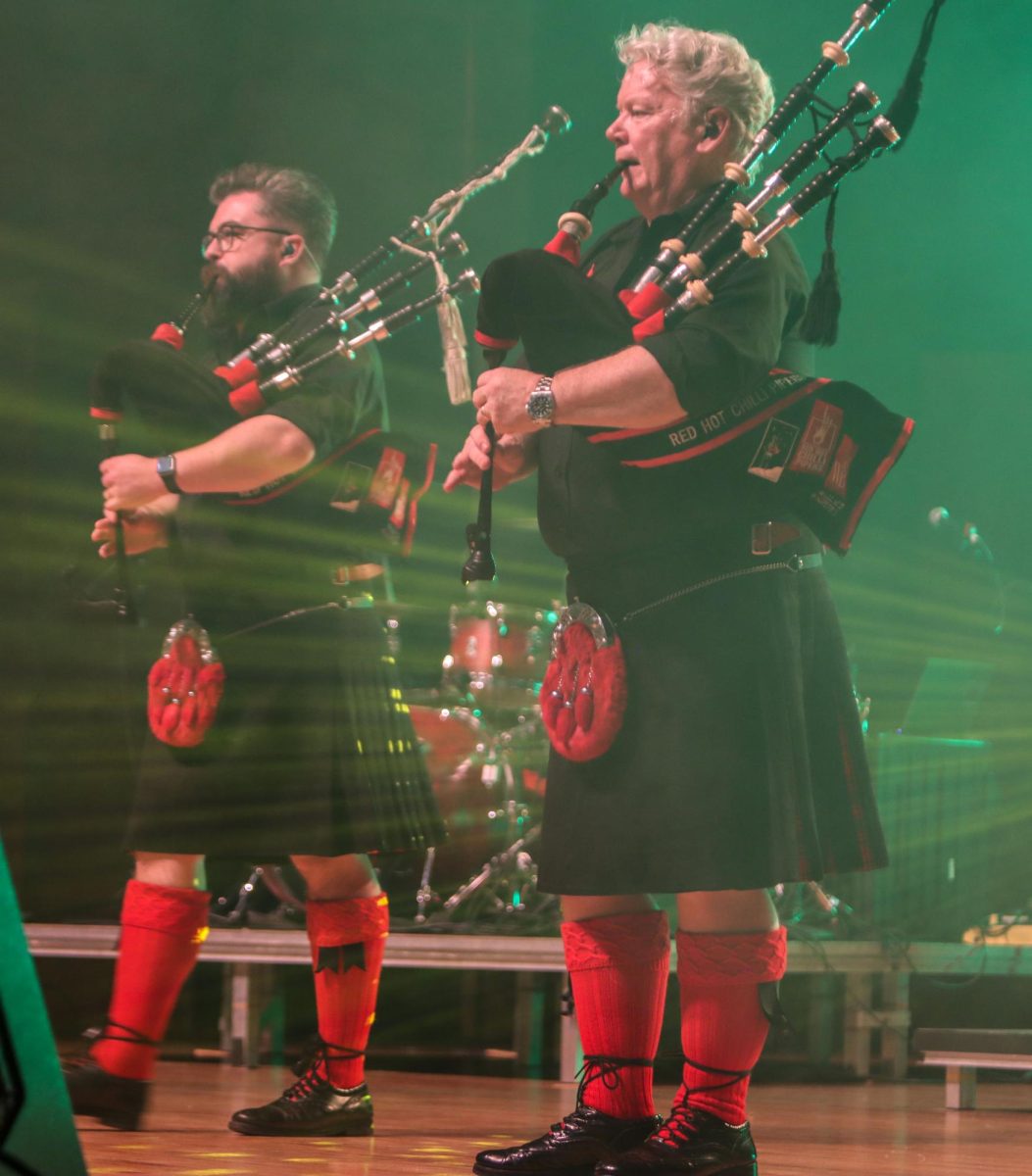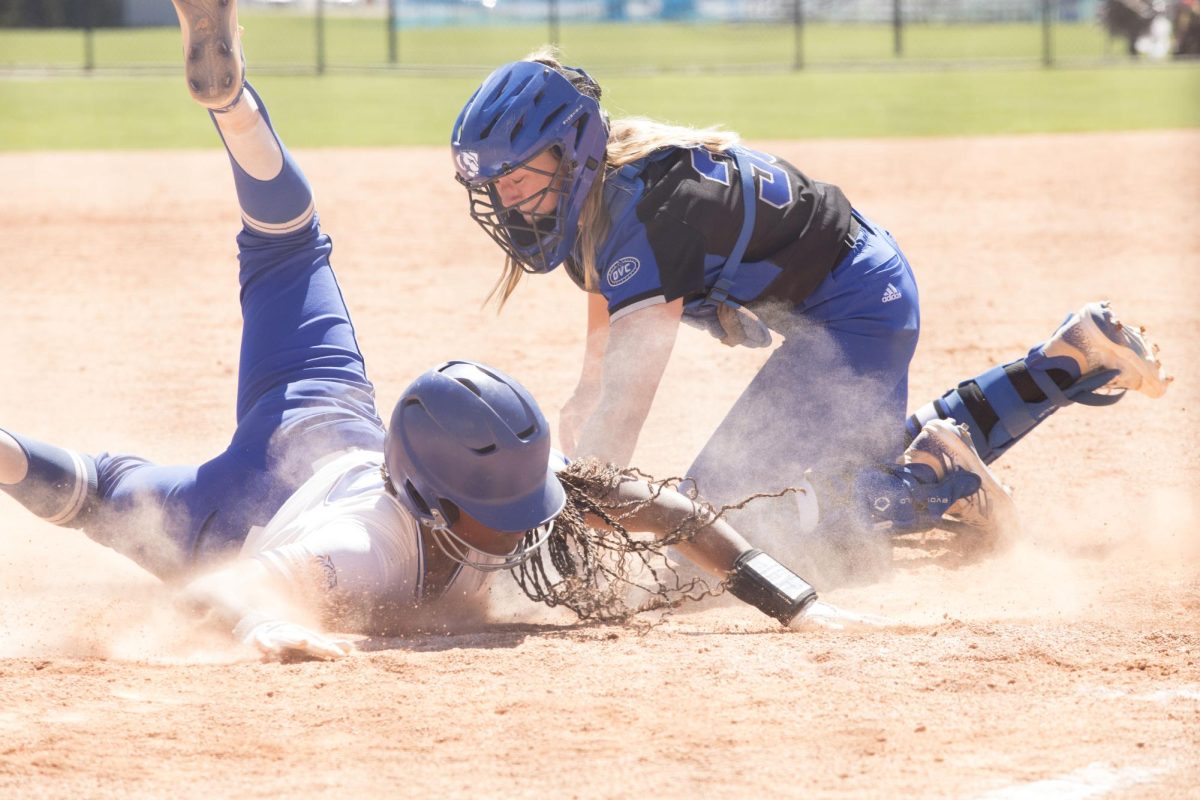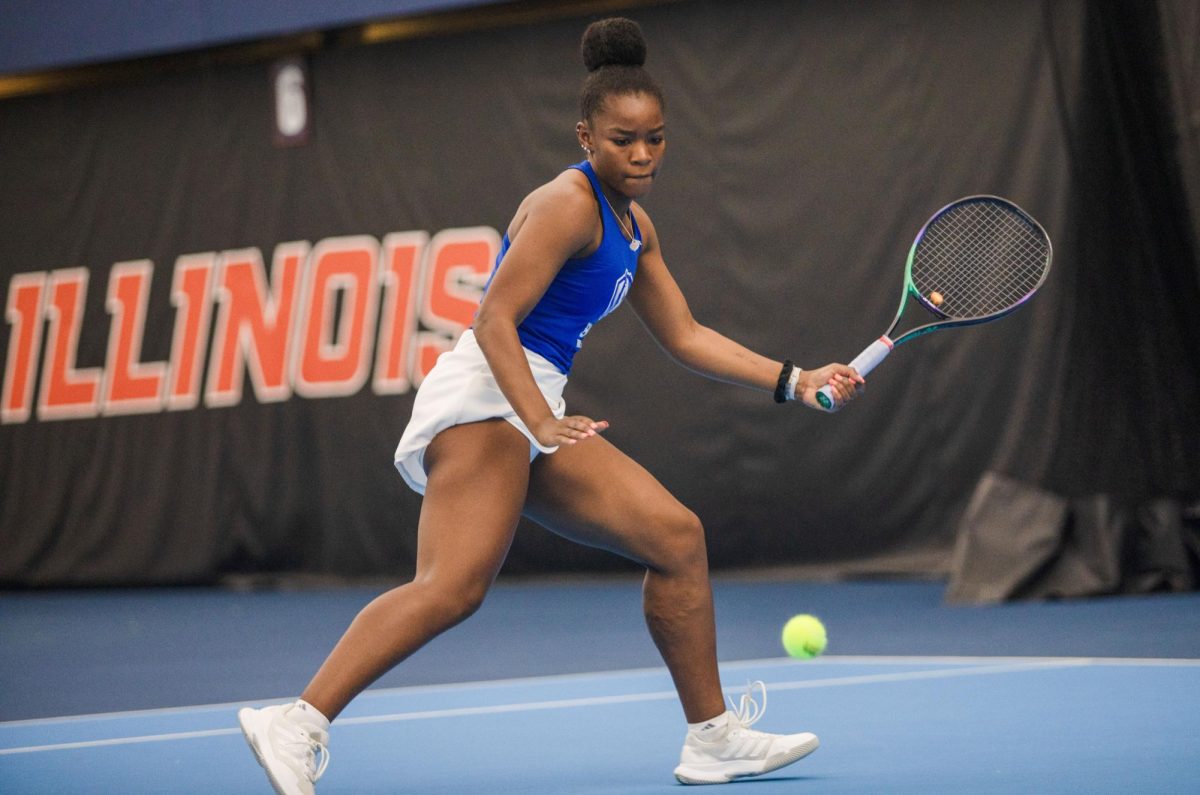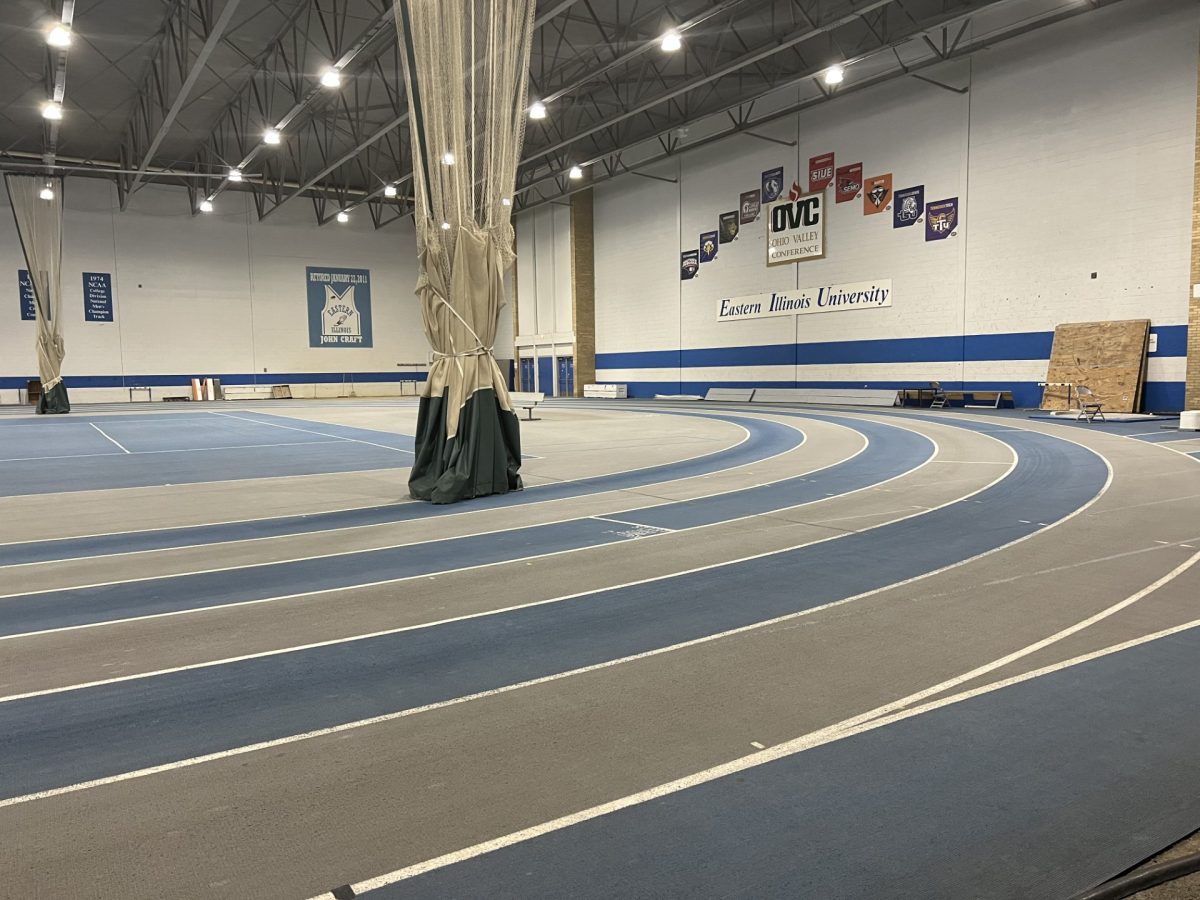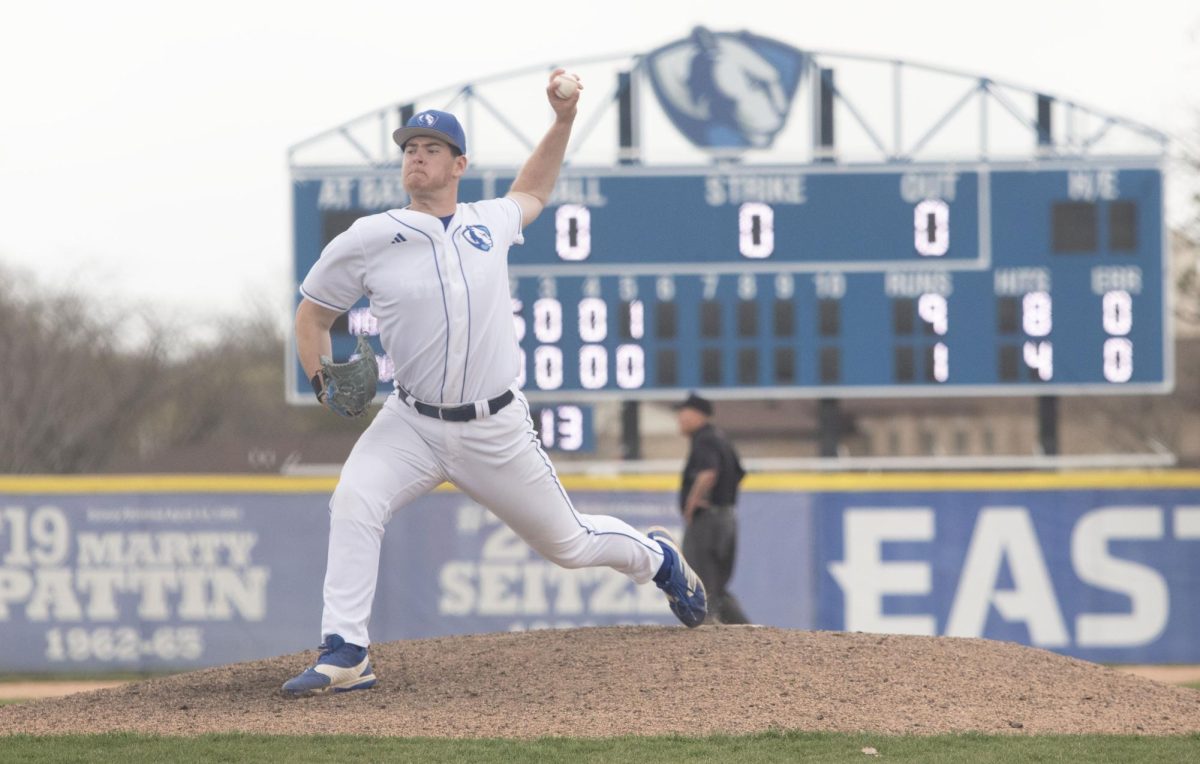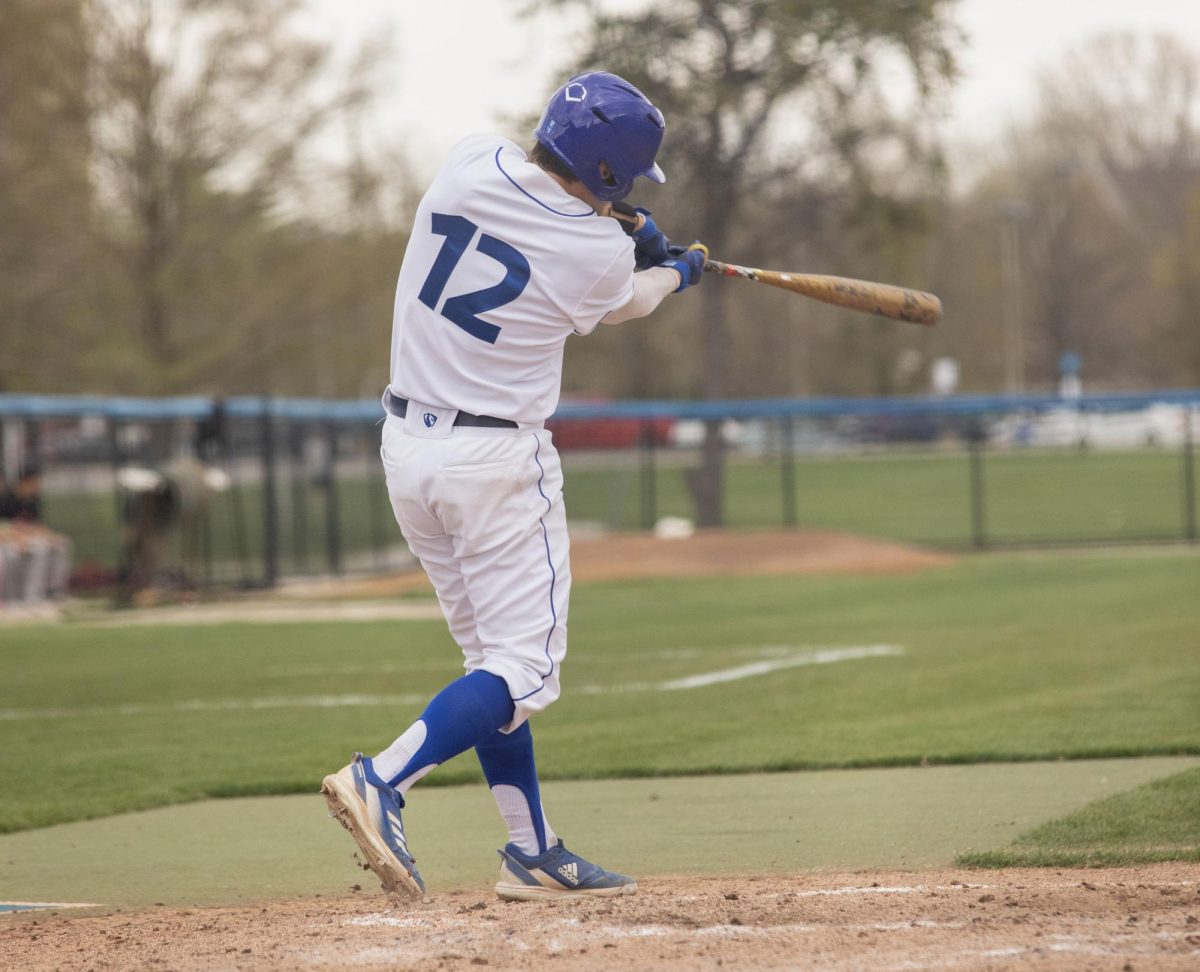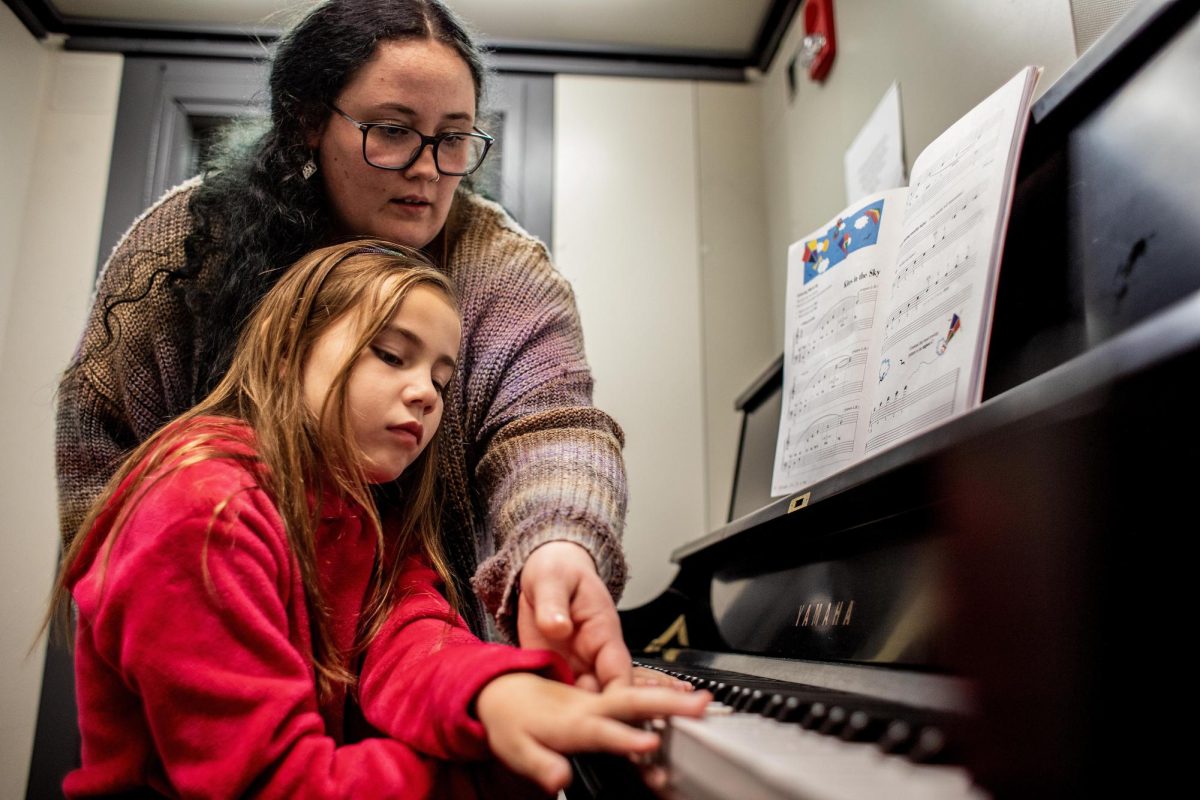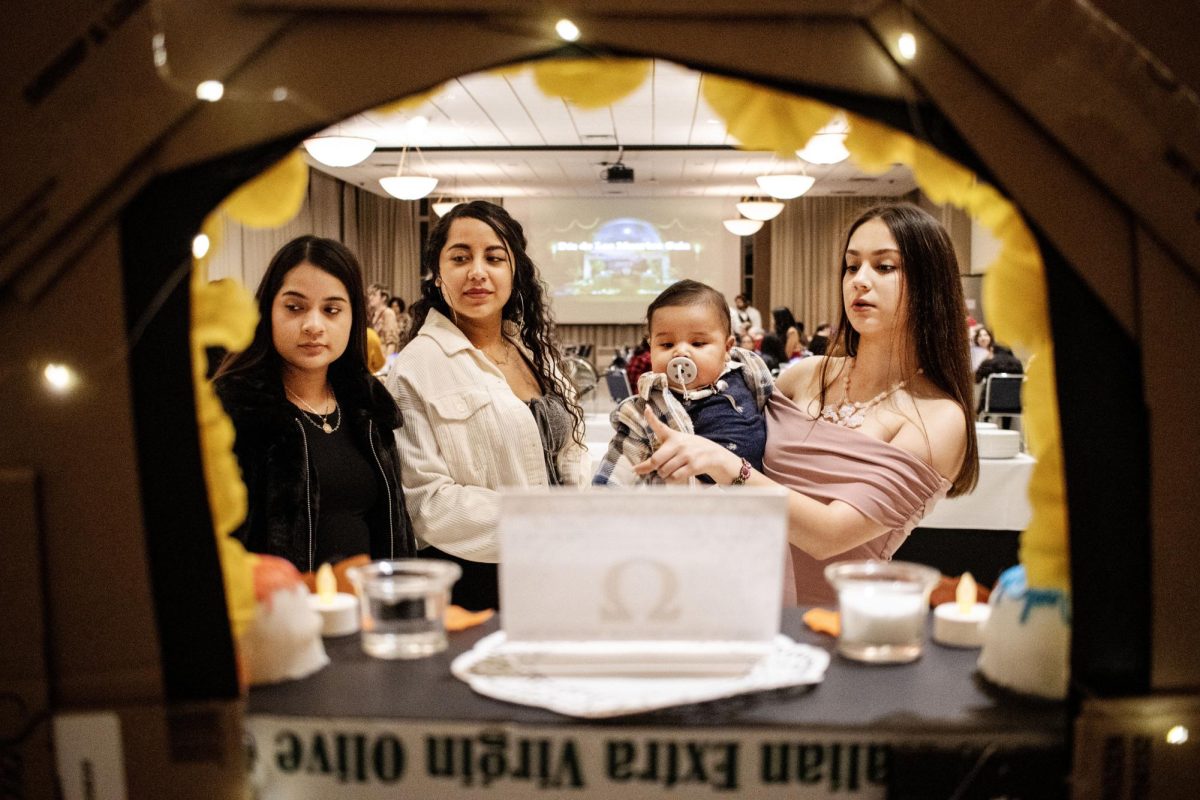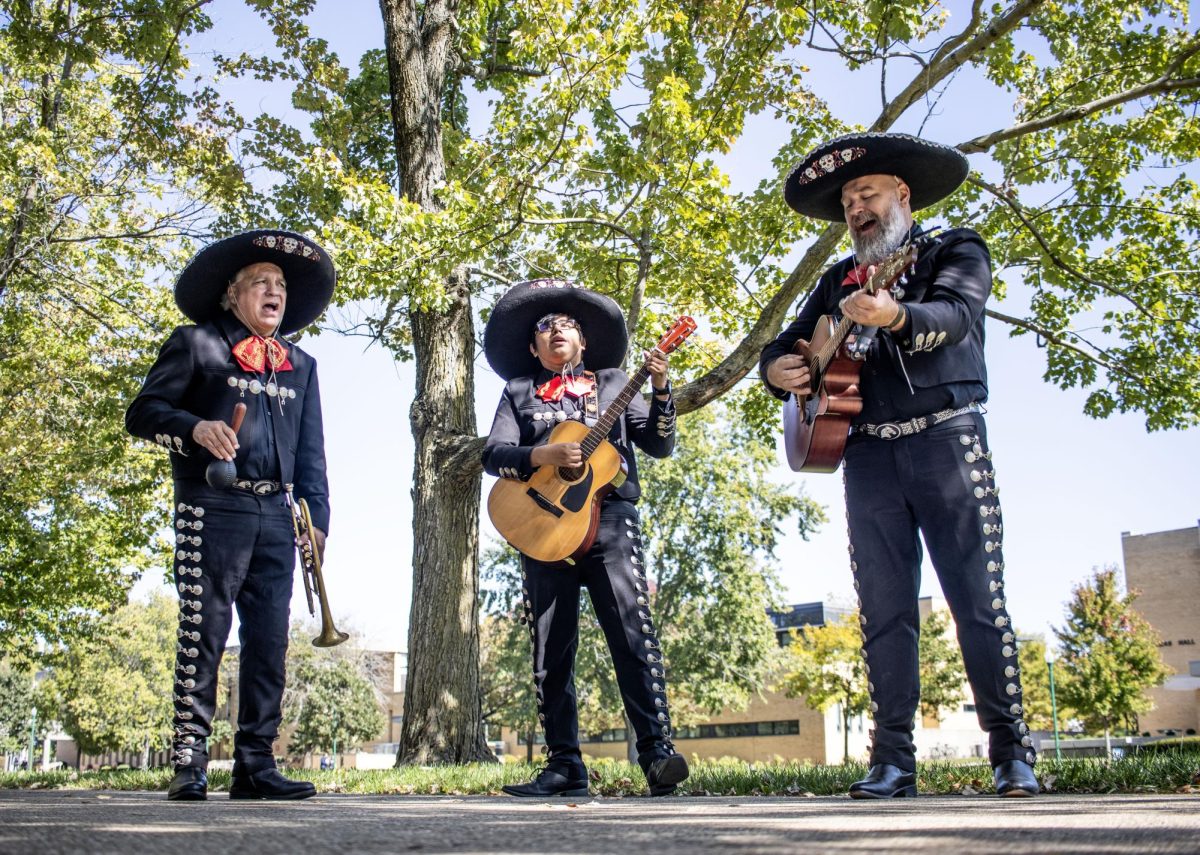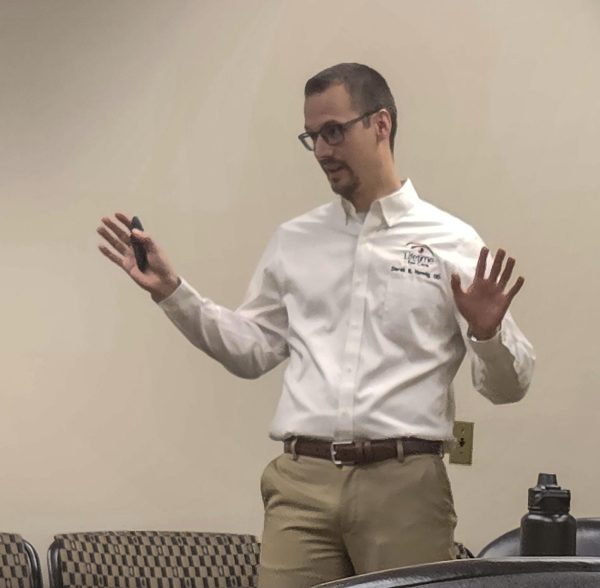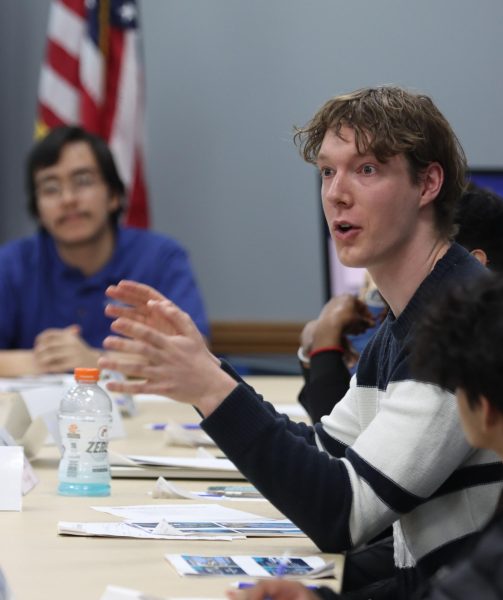Students talk sexism in the video gaming community
April 23, 2019
Nicole Guadiano is invisible when she plays video games online. Opponents will never know that she routinely reaches the peak of the Mario Kart leaderboard, never hear her animated voice bleed through her headset, never know that she is a woman.
Guadiano has crafted an ambiguous username, Biowhat, so no competitor, not a single one, will ever know that she is one of the 45 percent of gamers who are female.
She stopped using her Xbox headset, knowing that, by doing so, competitors would not know her gender.
Since middle school, when she ultimately decided to go invisible, Guidiano has not been called a “frickin’ girl” because, well, she took away their means of berating her.
When a group of boys from Guadiano’s middle school became angry when she did not follow their directions on Call of Duty, a combat game, one of them uttered words that have become cemented in her mind ever since.
“Cut it out, she’s just a girl,” one of the friends interjected. “She doesn’t know anything.”
She has diagnosed this malice as a byproduct of social confinements, with society demanding men to conceal their emotions and maintain roles of authority, embraced as characteristics that they should embody. Society and gaming, Guadiano posits, are interchangeable.
“How can you be a provider or a bread winner when a girl is beating you at this, this and this,” Guadiano said. “But your baseline of success should not be based on your perception of women and their comparison to you.”
When Guadiano articulates her fixation on video games with other women, it is derided, by some, as odd and socially unacceptable.
The reactions among men tend to be more mixed.
Some say they find it “cool” that she has a penchant for games like Mario Kart or Zelda, but others infer that, as a woman, she must not be very skilled at the craft.
“Whenever I am playing online, depending on who I am playing with, I kind of feel like I have to prove myself because I’m a girl,” Guadiano said.
Analyzing the manner in which sexism manifests, Guadiano maintains that the overarching themes of sexism, be it sexual harassment or condescending statements, are more problematic in society than in gaming itself.
If women were to, say, speak up about a supervisor’s inappropriate remarks, there could, in fact, be repercussions to taking action, sometimes losing their jobs for simply informing a Human Resources department on the matter.
Gamers, behind the guise of anonymity, have full license to say what they want, imbuing a spate of derogatory remarks. There are no consequences to what might be said.
But, nevertheless, Guadiano views the online gaming community as a foundation from which hate matures and prospers.
“In society, I think sexism can be worse in terms of how it is expressed because a lot of hostility and interactions towards females often happen in their career field, where you can’t say anything about it,” Guadiano said.
“I think, in that aspect, it’s worse in society. But in terms of how you speak to women, the idea of women, what women are perceived as can be worse in the gaming community.”
Guadiano said she is quite comfortable with the logic by which she decided to go invisible, but she also understands how anonymity could shelter ignominious behavior, perhaps in the form of sexual harassment or comments aimed at degrading women as competitors. She has documented an atmosphere where gamers receive the patronage of other gamers, as an offensive remark from one could be endorsed by the support of many.
“I am anonymous because people do not need to know who I am online versus another person might be anonymous online just to be a mean person because they think it’s funny or because they like it or whatever their personal reasons are.”
The sexism of the gaming community is not restricted to what is spoken through the headsets or written in online messages, but other issues, namely the creation of sexualized female characters, has made women feel tentative about playing any number of games.
They deem it only logical to assume that video game companies do not cater to the female demographic.
“It is undeniable that in the gaming community, women are highly sexualized in the way that they are presented and I think that its attributed to a lot of their assuming their audience is predominantly male, which it is, I am pretty sure it still is, but it doesn’t take into consideration like the female gaming component as well,” Guadiano said.
Perhaps the most blatant example of the objectification of female characters in video games, from the standpoint of Guadiano, is Mortal Kombat, originally developed by the Midway games franchise in 1992.
These characters partake in a fighting tournament, which then determines who will play the boss.
Characters possess the ability to employ a series of moves, including a high punch, a low kick and an uppercut.
It is Kenshi, a male character, and Kitana, one of just two women-out of a total of 24 characters-to appear in Mortal Kombat II, the second game of the series in which the character was introduced.
“I am not offended that it looks like that, but I am offended if you think women should look like that,” Guadiano said
“That’s the whole thing, I guess it’s like your own perception, “Okay, if a game looks like that it’s just a game, but if you feel that’s how women should look like and act like then I got news for you buddy, it’s not. I don’t think games have to change the way they look, people just have to change the way they think.”
Kenshi’s uniform gives the impression that he is primed to fight, complete with red arm and knee guards, black gloves and dark grey body armor covering his chest, his hands firmly clenched on a sword.
Kitana, however, is clad with two ovals of navy blue fabric covering the breasts and a piece of cloth, stretching from the waist down to her knees, over the pelvis.
“The male characters seemed more ready to get into a fight, while the females looked like they were about to go to the beach somewhere,” said Courtney Shepherd, the secretary of the Gamers’ Guild, a campus organization for video game enthusiasts.
If professional female gamers were to make the same amount as their male counterparts, Guadiano is not sure it would be for the same reasons.
Gamers, she said, could decide to purchase a female gamer’s merchandise, but it might very well be on the basis of her physical appearance.
“In general, I think that there needs to be some type of intervention, or movement that shows that two people are doing the same job, the same skillset, but one’s getting paid a lot less because she is a female and people know that’s not right, Shepherd said. “People know that that’s not right.”
Allorah Miles -L’Hote, a junior graphic design major, noted the lack of inclusivity in competitive play. She has taken umbrage at a caste system in the gamer’s world that places women on the bottom rung.
When playing World of War Craft, which enables players to form teams of up to 90 people, fellow competitors have, rather consistently, assumed that neither she nor her female friends hold the skills to succeed in the more difficult battles.
There are two occupations of characters in World of War Craft: the primaries and support.
Primaries, unlike the support, are deployed to participate in battle.
Miles-L’Hote said the support roles, responsible with duties such as providing sustenance to wounded characters, tend to be assigned to women, while the primary position is allotted towards men.
“Understanding that women are just as capable as men and that, even though there is a stigma, we can rise forth as a community,” Miles-L’Hote said.
“Most of the community, within friend groups, is very strong, but being able to speak out about that is something I think needs to be addressed and should be.”
The subject of inclusivity is particularly pertinent ahead of the fall semester, as an Esports team will be established at Eastern. Esports is a form of competition where players, sometimes even entire teams, contend for the highest score in a variety of video games.
Theodore Laleian, who has taken on the role of president, launched the Esports club at the outset of the spring semester, but the student organization has not, up to this point, competed against teams from other schools.
The Council on University Planning and Budget recently agreed on a proposal which, according to Laleian, appropriated $50,000 for an Esports arena in Lantz.
Although Sarah Daugherty, the interim director who has been managing the project, could not be reached for comment, Laleian said he requested an additional $10,000 for the purpose of covering the costs of 12 gaming stations-each of which are to be fitted with a 24-inch monitor, a computer with an intel i7 processor and a headset- rather than the eight currently covered by the approved funds.
The Esports team will not be under the auspices of the Eastern Athletic Department. Instead, the club has been designated as a student organization, though they will still compete against other schools in the Ohio Valley Conference.
If Esports were considered an athletic event-the NCAA has not yet recognized it as one-teams would be obligated to adhere to Title IX, which prohibits the discrimination or exclusion of women in university sponsored sports.
Title IX protections, however, do not pertain to student organizations, as the civil rights law strictly encompasses athletics.
Ian McCormick, one of the faculty advisors for the club, has spoken with the members of Esports teams at other schools, where he learned how, after discussing the unique problems to each institution, some club teams featured as many as 30 men and no women.
“I think us as an organization, we need to recruit hard, saying this is not just a boy’s club,” McCormick said. “We are open to everyone because, if we have double the number of people interested, we have double the number of people who are really good at it.”
While Guadiano graduates this spring, and will therefore be unable to participate on the team, Shepherd has expressed interest, confirming that she intends to join the club team.
“The people who are brave enough to try and break those stereotypes, it’s like we need more people who are-because everyone is afraid of doing things that aren’t necessarily, generally accepted by society, but, at the same time, take ownership in who you are,” Guadiano said.




